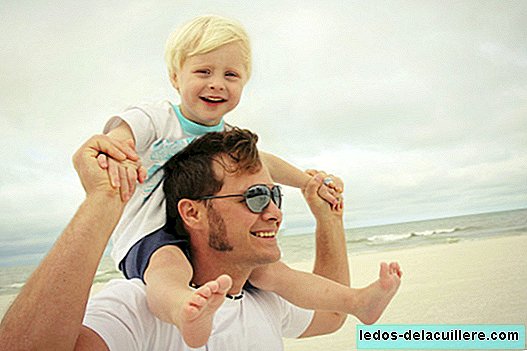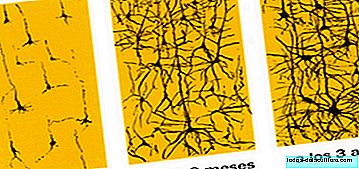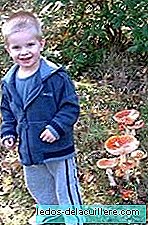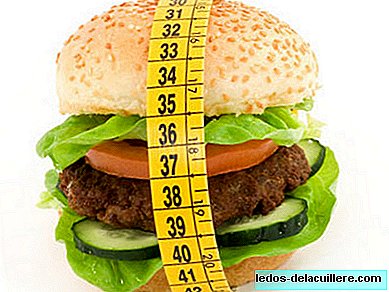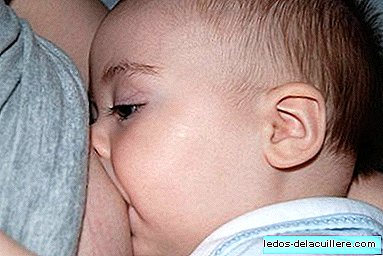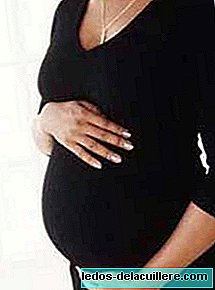
Assisted reproduction is usually related to worse health conditions of the baby compared to those conceived naturally.
A study recently published in The Lancet has found that conception by assisted reproduction was associated with an average birth weight 25 grams lower, a pregnancy two days shorter, a 26 percent greater risk of being smaller than gestational age and a 31 percent higher risk of perinatal death.
However, they have decided to analyze the data of 2,456 women who have conceived at least one child spontaneously and one by assisted reproduction to determine if there are health differences in children born to the same mother.
They found that this difference is much smaller, so they theorize that Complications arising from assisted reproduction could be due to factors such as infertility rather than the technique itself..
According to the data, there was almost no difference in birth weight, gestational age, risks of having a smaller size for gestational age and premature birth among babies of the same mother, one born naturally and the other through assisted reproduction.
Babies conceived by both methods were almost as small for gestational age. Babies conceived for assisted reproduction weighed just nine grams less and pregnancy was 0.6 days shorter, while those with a natural conception had a three times higher risk of perinatal death.
Seeing that there is no difference between the babies of the same mother born by the two techniques, the researchers want to continue investigating whether infertility and ovarian stimulation could have any adverse effect on children's health.
Given that 1 in 4 children born in Europe has been conceived for assisted reproduction, studies that aim to maximize the safety of these techniques are very important.



